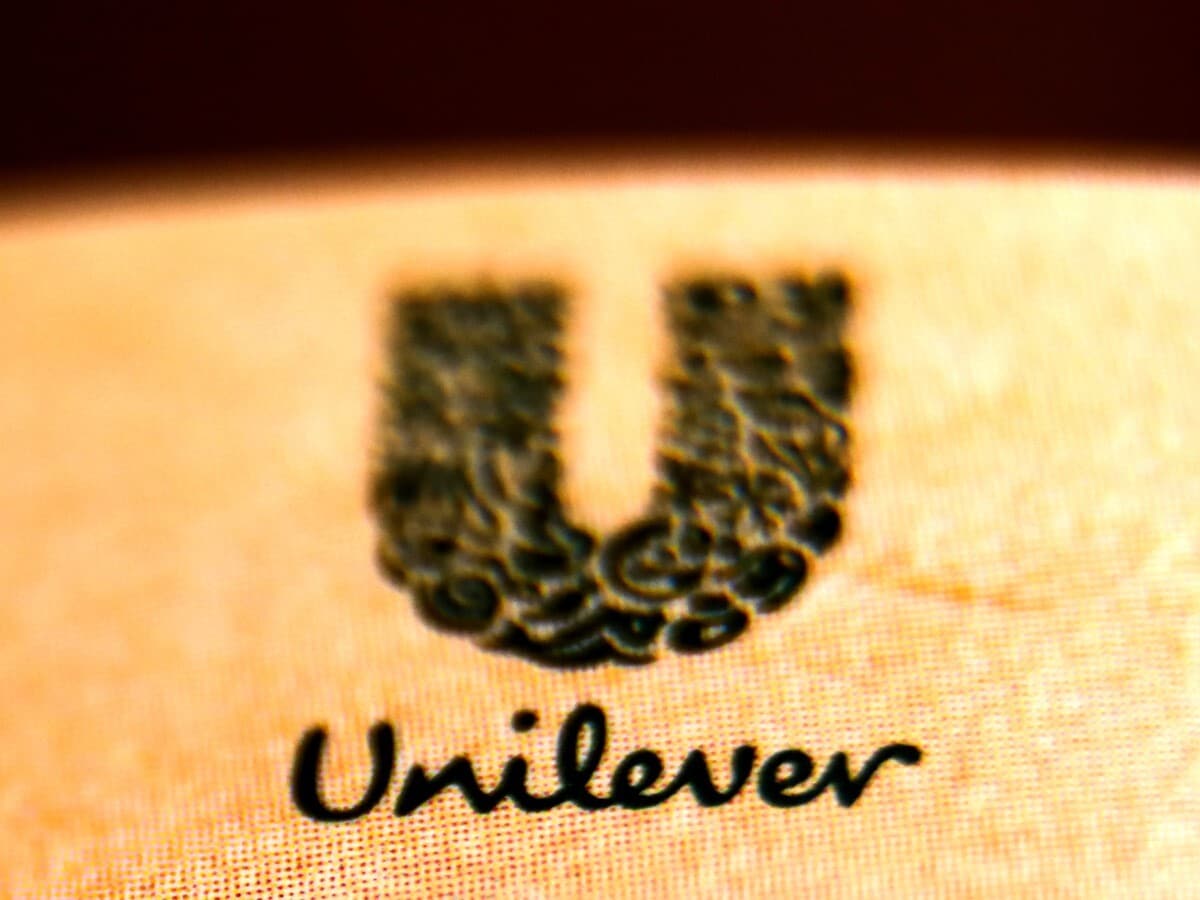Ahead of the UK consumer goods’ giant’s half-year update on Tuesday 26 July, Unilever’s [ULVR.L] share price has been struggling for a prolonged period, but there appear to be signs of a change in fortunes, and the shares have pulled up from March’s 52-week low.
Unilever stock notably failed to benefit from the stock market rally, as lockdowns were lifted and restrictions relaxed. On top of this, there was general bewilderment at Unilever’s rejected offer for GlaxoSmithKline’s [GSK.L] consumer healthcare unit. Investors and analysts alike were perplexed, and Unilever’s share price went south.
However, the FTSE 100 company, which owns famous brands such as Marmite, Hellmanns, Magnum, Dove and Ben & Jerry’s, clearly has the brand and distribution pedigree, and this at least offers reassurance for long-suffering investors.
When GSK rejected Unilever’s £50bn offer in January, the shares went on to sink to five-year lows, but Unilever’s stock has since recovered to levels prior to the bid, above 3,900p. Unilever’s share price closed at 3,911.5p on Friday, up 4.7% in the past month, and 19.7% above the 8 March 52-week low at 3,267.5p.
After failed GSK offer, activist investor Peltz joins board
Unilever CEO Alan Jope “dodged a bullet”, according to CMC Markets chief market analyst Michael Hewson, when its bid for GSK’s consumer healthcare business was rejected. Unilever’s takeover attempt was aimed at boosting the company’s growth, but the proposal — unpopular with Unilever’s investors — was given short shrift by GSK. Since Unilever’s failed offer, GSK has spun off its £31bn consumer arm in Europe’s biggest listing for over 10 years, as Haleon [HLN.L] joined the London Stock Exchange and listed on the FTSE 100.
Unilever’s share price recovery since then has also received a fillip from the addition of billionaire activist investor Nelson Peltz to the board. Peltz, who played a key role in the improvement of Procter & Gamble [PG], said: “We believe [Unilever] is a company with significant potential, through leveraging its portfolio of strong consumer brands and its geographical footprint.”
He confirmed that his Trian Fund Management “has made a considerable investment in Unilever”. With his track record — he’s also worked with Heinz among others — it’s little wonder shareholders are optimistic. Pelt added: “We look forward to working collaboratively with management and the board to help drive Unilever’s strategy, operations, sustainability, and shareholder value for the benefit of all stakeholders.”
Positive Q1 earnings set the tone
Unilever’s first-quarter revenue of €13.78bn came in above analysts’ consensus expectations at €13.21bn, and was an impressive 11.8% improvement on the year-ago quarter. The numbers were helped by an 8.3% rise in underlying pricing, as the company responded to rising costs in order to boost its margins. The company also reported a 7.3% rise in underlying sales growth, which was also above estimates.
For Q2, analysts expect revenue to rise 13.5% year-over-year to €15.26bn, with half-year revenue at €29.04bn, up 12.6%. Underlying sales growth for the quarter is predicted to come in at 7%, and 7.2% for the six-month period.
With inflation soaring, rising costs are expected to continue to pose a significant challenge over the rest of the year at least. In its Q1 update, Unilever’s board warned that input cost inflation was likely to push up costs from €2.1bn in the first half of the financial year, to around €2.7bn during the second half. The company’s update on cost inflation and margins in Tuesday’s announcement will no doubt be closely watched.
How do analysts rate Unilever’s share price prospects?
The 18 analysts offering 12-month price targets for Unilever stock have a median target of 4,033.27p, according to the Financial Times, with a high estimate of 4,802.32p and a low estimate of 3,301.65p. The median estimate represents a potential upside of 3.11% from last Friday’s close at 3,911.5p.
Among analysts following the company, four rate Unilever a ‘buy’, three have an ‘outperform’ rating, while 11 analysts have a ‘hold’ recommendation, along with three ‘underperform’ and no ‘sell’ ratings. While analysts remain cautious on Unilever’s share price prospects, with a consensus ‘hold’, a positive update on Tuesday could move the dial on Unilever’s outlook in a favourable direction.
Disclaimer Past performance is not a reliable indicator of future results.
CMC Markets is an execution-only service provider. The material (whether or not it states any opinions) is for general information purposes only, and does not take into account your personal circumstances or objectives. Nothing in this material is (or should be considered to be) financial, investment or other advice on which reliance should be placed. No opinion given in the material constitutes a recommendation by CMC Markets or the author that any particular investment, security, transaction or investment strategy is suitable for any specific person.
The material has not been prepared in accordance with legal requirements designed to promote the independence of investment research. Although we are not specifically prevented from dealing before providing this material, we do not seek to take advantage of the material prior to its dissemination.
CMC Markets does not endorse or offer opinion on the trading strategies used by the author. Their trading strategies do not guarantee any return and CMC Markets shall not be held responsible for any loss that you may incur, either directly or indirectly, arising from any investment based on any information contained herein.
*Tax treatment depends on individual circumstances and can change or may differ in a jurisdiction other than the UK.
Continue reading for FREE
- Includes free newsletter updates, unsubscribe anytime. Privacy policy





